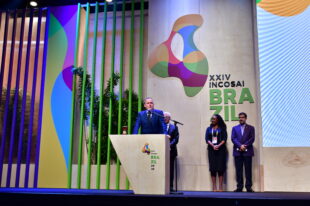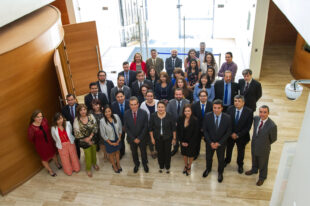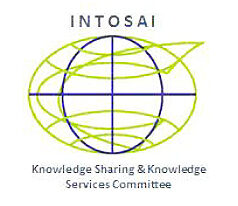SAI New Zealand Publishes Report on Sustainable Development Goals


During a nationwide lockdown in August 2021, the New Zealand Office of the Auditor-General, the country’s Supreme Audit Institution (SAI), published its report on The Government’s Preparedness to Implement the Sustainable Development Goals. In 2015, all members of the United Nations adopted the 2030 Agenda for Sustainable Development and its 17 sustainable development goals (SDGs), which encompass social, environmental, and economic sustainable development to improve life for current and future generations. The SAI’s report presented the results of its review of how the New Zealand government is demonstrating its commitment to the 2030 Agenda.
In its first report on progress toward the SDGs, published in 2019, the New Zealand government highlighted a range of policies and activities that contributed to the goals. The government’s focus on wellbeing and Living Standards Framework also aligned to some extent with the goals.
However, SAI New Zealand found that the government needs to clarify its commitment to the SDGs, including whether the government will set targets for the goals; the specific actions it will take; how it will measure progress; and the roles, responsibilities, and expectations of agencies. The government also needs to consider how it will engage with stakeholders to increase awareness of New Zealand’s commitment to the goals and work with Māori (the indigenous people of New Zealand) to ensure that plans to achieve the goals uphold and reflect Te Tiriti o Waitangi (the Treaty of Waitangi, New Zealand’s founding document).
The government currently uses two monitoring frameworks to assess wellbeing outcomes, and several indicators show how these outcomes align with the SDGs. SAI New Zealand found that while the government has improved the data available about wellbeing, it needs to address data gaps in a timely manner to help determine New Zealand’s baseline data and subsequent progress toward 2030 targets.
SAI New Zealand’s report has further recommendations for how the government can plan, implement, and monitor the actions needed to achieve the goals by 2030. The full report can be found on SAI New Zealand’s website.





